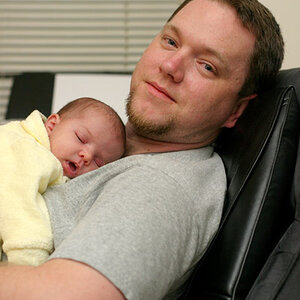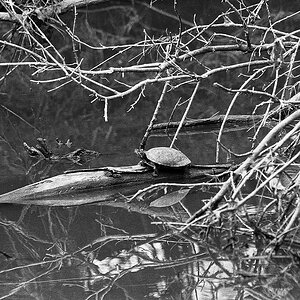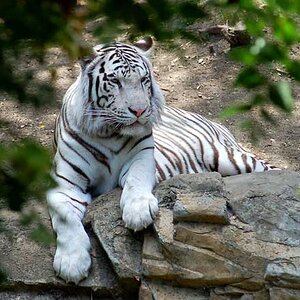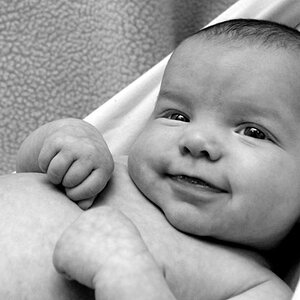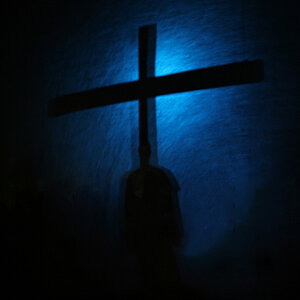Actor
TPF Noob!
- Joined
- Mar 4, 2007
- Messages
- 421
- Reaction score
- 1
- Location
- Ohio
- Can others edit my Photos
- Photos NOT OK to edit
- I have a collection of film gear which I have accumulated over the years (decades?) that cost me several hundred (thousand?) dollars. The value of this stuff has decreased so much that even if I sold all of it I would not have enough to buy a decent DSLR.
- Once you have pushed the shutter the processes are completely different. With film I feel like an accomplished master. With digital I feel like a compleat idiot.
- The manual for may wife's DSLR is over 200 pages. The manual for my latest film SLR is 25 pages.
- DSLRs are so complex that, even on manual mode, I do not feel I have complete control.
- PhotoShop is prohibitively expensive.
- Inkjets do not begin to match photographic prints.
- With the great unwashed going digital, film gives me the feeling of being part of an exclusive elite.


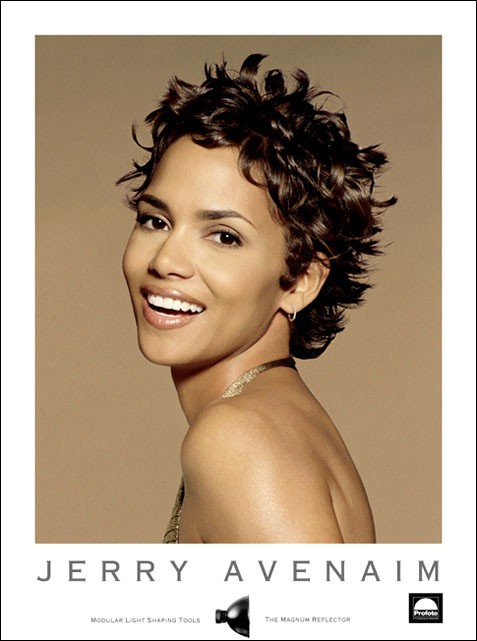
 :lmao:
:lmao: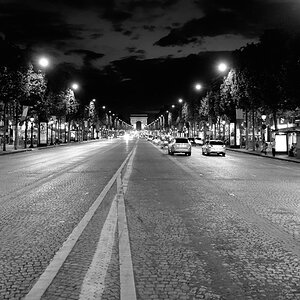
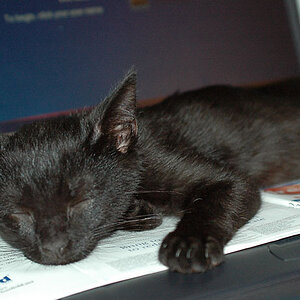
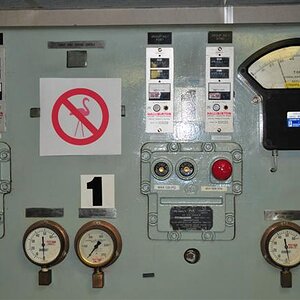
![[No title]](/data/xfmg/thumbnail/31/31050-824a861ee359cd274a794fc7b9ff8f7b.jpg?1619734588)
